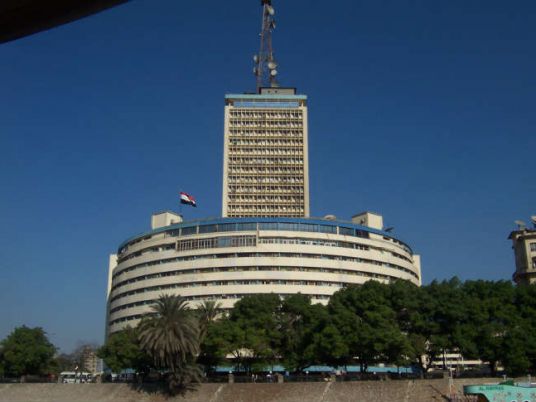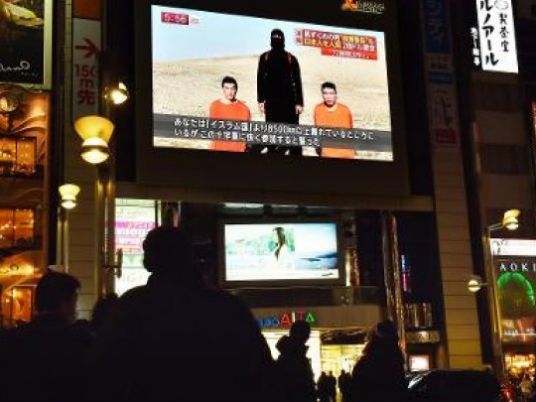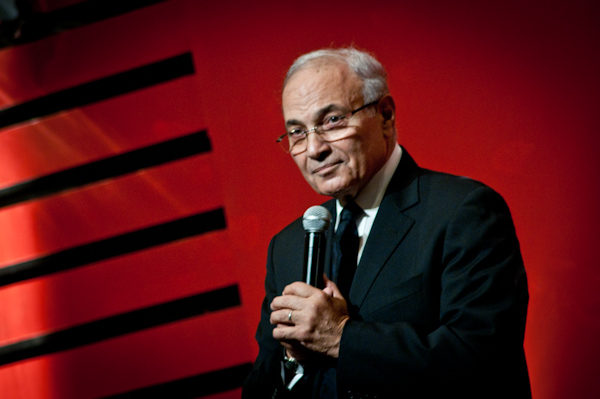I was infected by the enthusiasm I saw recently from a group of independent Egyptian media workers and political activists towards journalist Asaad Taha’s suggestion of launching the first ever satellite channel to be established through popular subscriptions, in a bid to ensure free media coverage.
Taha wants to establish the channel through popular subscriptions so that it will be owned by the people, for the people. The channel, which will be called “The People Want” (Al-Shaab Urid), aims to break the monopoly of the government and businessmen on the media industry, and the alliance between them, which is a hidden force that robs the media of freedom. Egyptians can buy a share in the initial public offering (IPO) for LE10, and each shareholder will be limited to no more than one percent of the total company shares.
The group announced that subscriptions for the channel’s establishment would be collected during a march to protest against infringements of media freedom, which was scheduled to take place last Friday. Some enthusiastic citizens even published samples of IPO’s on the internet, prompting the Financial Supervisory Authority to warn against collecting money from citizens for the establishment of companies through IPOs without first obtaining official approval from the concerned authorities, in order to protect the rights of shareholders wishing to subscribe. This prompted the channel’s founding board to postpone the IPO until the necessary legal action has been taken.
The truth of the matter lies in the fact that – in addition to enthusiasm – the idea must be studied from all aspects, especially the economic aspect, to ensure the goal is achieved.
Establishing a satellite channel requires capital in the range of LE30 million, and with shares at LE10, the company could conceivably need three million shareholders, assuming nobody wished to purchase more than the minimum. This is a very high number of shareholders and a difficult one to bet on.
Alternatively, there could be the opposite outcome, whereby one hundred shareholders could effectively own the company, each purchasing one percent of the total offering. Such a situation that could effectively lead to a monopoly, especially if they follow the usual game of buying shares in the names of their adult children and their spouses and so on.
Furthermore, the professional aspects of the project are no less complex than the economic aspects. It is easy to claim the channel will be independent and that it will be an expression of the demands and interests of the Egyptians people, but the truth lies in the details.
The Egyptian people are not a group of people with the same demands or interests. Up until now, the various classes, parties, political currents and religious sects have been unable to come to a minimum agreement on common interests. Tahrir Square itself no longer reflects a unified or shared vision since 11 February 2011. Even if we assumed the Egyptian people or at least the shareholders had common demands, it is impossible for three million – or even 100 shareholders – to run a satellite channel. It will undoubtedly be run by a board of directors formed of a limited number of individuals, and the daily work will be managed by a specialized technical director.
Since the channel's founding board decided to postpone the IPO in order to study the laws governing the establishment of this type of company, then why don’t they also study the laws governing freedom of broadcasting, to ensure the channel will be given the amount of freedom it wants and that they do not include any provisions that allow the administrative authorities to stop broadcasting, withdraw accreditation, or cancel the channel?
The main problem with Egyptian media lies not in the absence of a channel owned by the people, despite the importance of this demand. The main problem is the lack of free media coverage and the existence of laws that allow the administrative authority to exercise the right to control, interfere and close any channel at any time, while allowing other channels to violate these same laws when they so wish.
Therefore, the channel’s founding board must first call for a conference on media freedom, inviting those working in the public and private media sectors, the concerned political figures and legal experts to attend. The aim of the conference must be the development of a new draft law regulating media-related activities, and liberating it from the dominance of government and capital, while ensuring maximum freedom and social responsibility. This should be the first draft law to pass before the upcoming parliament, as soon as it is formed.
In other words, the people want a free media coverage law first, so they can then establish “The People Want” channel.
Translated from the Arabic Edition



